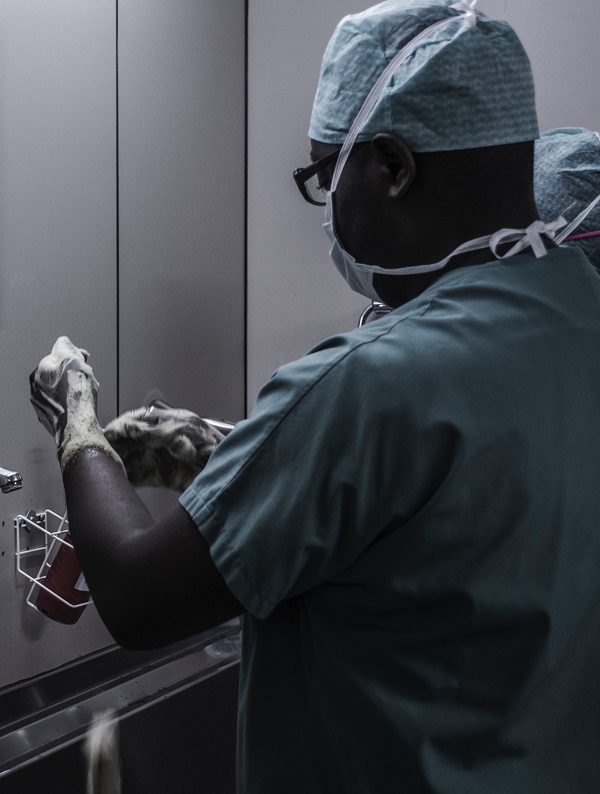LPN Program InformationASN Catalog Information ASN Degree MapRN LICENSURE COMPLIANCE TABLE
UVU Department of Nursing and MTECH have created a pathway for MTECH-LPN graduates to apply to the UVU ASN Program. Take your LPN degree to the next level of nursing by earning an ASN degree, and continue on to a BSN degree.
This information applies to MTECH-LPN graduates.
Apply to the LPN to ASN Program
| Entering Semester | Opens | Closes |
|---|---|---|
| Fall | April 20th at 8:00 AM | May 20th at 4:00 PM |
| Spring | August 20th at 8:00 AM | September 20th at 4:00 PM |

I have an LPN license. Why should I get an ASN or BSN?
National nursing governing bodies, such as the American Nurses’ Association, feel the entry into the profession of nursing should be a BSN degree. Research has shown the more education you have, the better able you are to care for patients and keep them safe. In general, your income will increase with more schooling. Opportunities to work at specific locations within the profession will also increase.
Why would I choose UVU for my ASN degree instead of another school to become a registered nurse?
Graduates from the UVU Department of Nursing have an excellent reputation in our community. We believe in our curriculum, and we believe in our students’ abilities to be successful in practice. We know you have many options for your nursing education. We encourage you to explore your options and choose the program that best fits your short and long-term professional needs and goals.
What GPA do I need to get into UVU’s nursing program?
If you have successfully graduated from MTECH within the last five years, applied to UVU and the UVU Department of Nursing, and have a 3.5 GPA, you will be considered for admitance to the UVU Nursing program.
Do I need to be licensed as an LPN to apply to the UVU Nursing program?
No. If you are currently in LPN school, you must license as an LPN during the first semester after admitance. Your LPN license is mandatory to continue onto the 4th semester of the ASN degree at UVU.
How many UVU credits will I get for my LPN courses toward my ASN degree?
You will receive 22 credit hours toward your ASN degree, which is equivalent to completing 2 semesters of the nursing program. You will join the UVU Nursing program at the start of the 3rd semester of the ASN program.
At what point in the ASN program will I join the UVU Nursing program?
After you have been accepted into the UVU Nursing program, you will join at the beginning of the third semester of the ASN program.
What can I expect my schedule to be like once I start the UVU Nursing program?
Currently, third semester ASN classes are held on Wednesdays, Thursdays, and Fridays. These courses include classroom, lab, simulation, and clinical time. Your schedule will be different each semester. (Please check the UVU Course Catalog for the most current listings, and speak with the nursing advisor.)
Should I get my BSN degree?
Nursing governing organizations encourage hospitals to hire BSN-prepared nurses. Research
has shown that BSN nurses provide a level of care that supports safer care and better
health outcomes for patients (Blegen et al., 2013). In addition, most organizations
require a BSN for progression in nursing leadership roles, such as charge nurses and
unit managers.
Blegen, M. A., Goode, C. J., Park, S. H., Vaughn, T., & Spetz, J. (2013). Baccalaureate
education in nursing and patient outcomes. The Journal of Nursing Administration,
43(2), p. 89-94.
How do I apply to UVU’s MTECH-LPN to ASN Program?
Get started here.
Read more FAQs on the ASN information page.